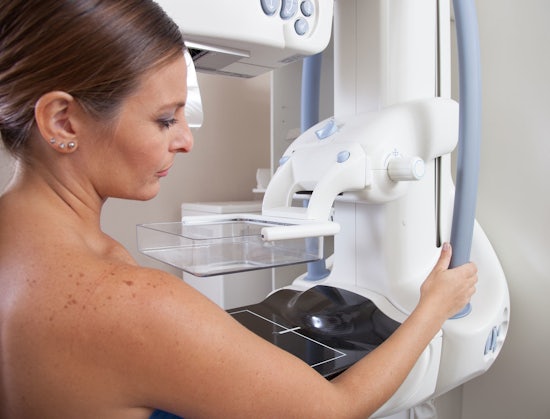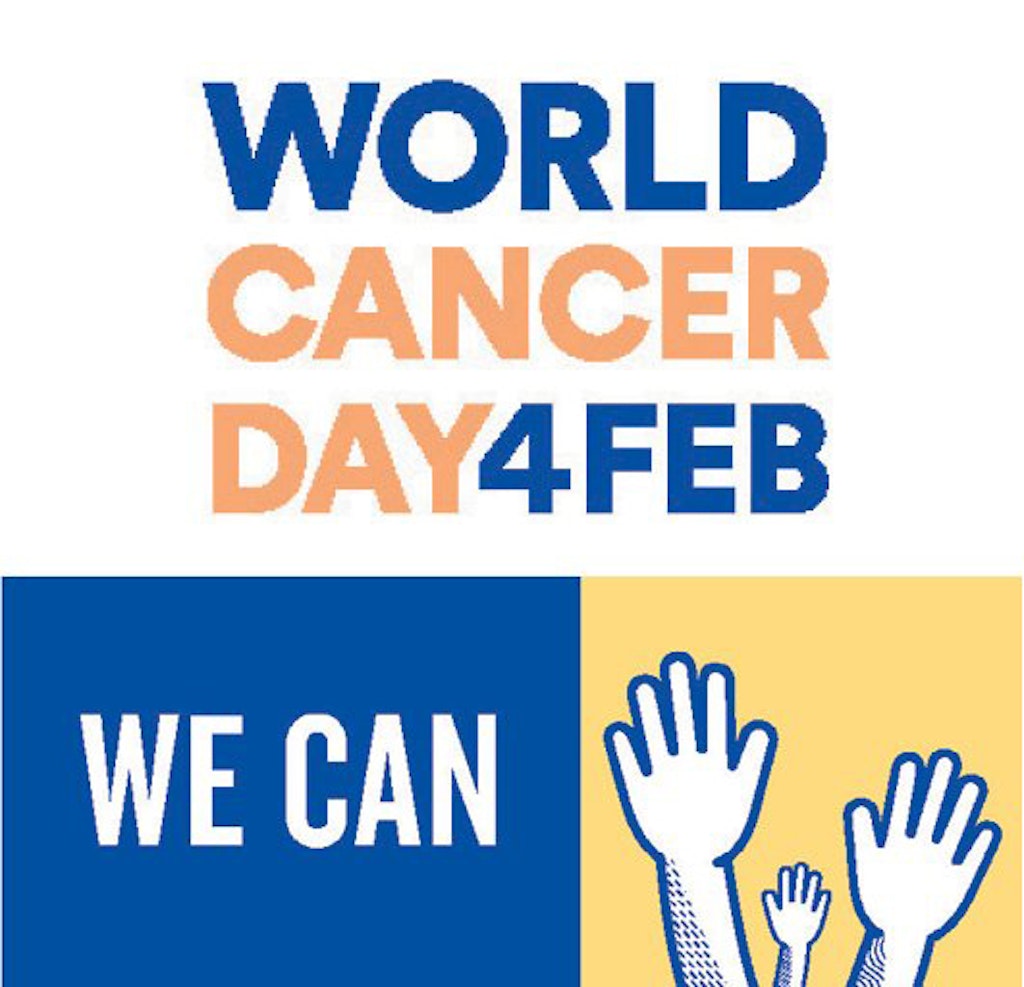We can, I can – take action on World Cancer Day
With a theme of ‘We can. I can’, World Cancer Day 2017 is conveying the message that as individuals, families, communities and at the governmental level we all can take action to reduce the impact of cancer.

A new report highlights the benefits of cancer prevention and early detection (Source: Shutterstock)
World Cancer Day takes place every year on 4 February and unites the world’s population in the fight against cancer. Its aim is to save millions of preventable deaths each year by raising awareness and education about the disease and pressing governments and individuals across the world to take action.
Cancer continues to be the biggest cause of disease burden in Australia – largely because of its contribution to the number of premature deaths. Cancer Council Australia says the new national cancer data in the recently released Australian Institute of Health and Welfare report Cancer in Australia 2017, highlights the benefits of cancer prevention and early detection.
However, the report also shows some of Australia’s most common cancers are some of the most preventable.
Professor Sanchia Aranda, Cancer Council Australia CEO and President of the International Union for Cancer Control, says that many Australians may not realise that one in three Australian cancer cases can be prevented.
“This year it is estimated that around 140,000 Australians will be diagnosed with cancer. However, approximately one third of those cases are caused by preventable lifestyle risk factors.”
“Yet we continue to see low participation rates in our three life saving cancer screening programs for bowel, breast and cervical cancer,” says Professor Aranda.

She says the good news is that Australia continues to have some of the best cancer outcomes in the world and cancer incidence rates continue to fall.
“The report shows that 68 percent of people diagnosed with cancer survive at least five years, a 20 percent increase from the 1980s,” she says. “However, the data also outlines the challenges and opportunities for reducing the impact of cancer in Australia.”
She thinks bowel cancer screening presented the biggest unrealised opportunity to drive cancer death rates down further, with fewer than 40 percent of people eligible participating in a free program which has been shown to save lives.
Cancers are usually named after the organs or tissues where they form, such as blood, liver, pancreas and brain, and there are many, many different forms of cancer.
“Among the most common cancer types are breast, bowel, melanoma and lung cancer, reinforcing the continued importance of healthy lifestyles habits including quitting smoking, maintaining a healthy weight and diet, reducing alcohol intake, being physically active, being SunSmart and getting checked,” Professor Aranda explains.
On the eve of World Cancer Day she says “This timely report not only shows what Australia as a community needs to do to reduce the impact of cancer, but also what we can each do as individuals to reduce our cancer risk.”
For more information visit worldcancerday.org or cancer.org.au












![The new Aged Care Act exposure draft is slated for release in December of 2023, but advocates hope to see it rolled out on January 1, 2024. [Source: Shutterstock]](https://agedcareguide-assets.imgix.net/news/articles/wp/agedcareact__0811.jpg?fm=pjpg&w=520&format=auto&q=65)












Comments